What does the Penal Code say about X?
Criminal solicitation of a minor is found in § 15.031 of the Texas Penal Code. It reads as follows
Sec. 15.031. CRIMINAL SOLICITATION OF A MINOR. (a) A person commits an offense if, with intent that an offense listed by Article 42A.054(a), Code of Criminal Procedure, be committed, the person requests, commands, or attempts to induce a minor to engage in specific conduct that, under the circumstances surrounding the actor’s conduct as the actor believes them to be, would constitute an offense listed by Article 42A.054(a) or make the minor a party to the commission of an offense listed by Article 42A.054(a).
(b) A person commits an offense if, with intent that an offense under Section 20A.02(a)(7) or (8), 21.02, 21.11, 22.011, 22.021, 43.02, 43.021, 43.05(a)(2), or 43.25 be committed, the person by any means requests, commands, or attempts to induce a minor or another whom the person believes to be a minor to engage in specific conduct that, under the circumstances surrounding the actor’s conduct as the actor believes them to be, would constitute an offense under one of those sections or would make the minor or other believed by the person to be a minor a party to the commission of an offense under one of those sections.
(c) A person may not be convicted under this section on the uncorroborated testimony of the minor allegedly solicited unless the solicitation is made under circumstances strongly corroborative of both the solicitation itself and the actor’s intent that the minor act on the solicitation.
(d) It is no defense to prosecution under this section that:
(1) the minor solicited is not criminally responsible for the offense solicited;
(2) the minor solicited has been acquitted, has not been prosecuted or convicted, has been convicted of a different offense or of a different type or class of offense, or is immune from prosecution;
(3) the actor belongs to a class of persons that by definition of the offense solicited is legally incapable of committing the offense in an individual capacity; or
(4) the offense solicited was actually committed.
(e) An offense under this section is one category lower than the solicited offense, except that an offense under this section is the same category as the solicited offense if it is shown on the trial of the offense that the actor:
(1) was at the time of the offense 17 years of age or older and a member of a criminal street gang, as defined by Section 71.01; and
(2) committed the offense with the intent to:
(A) further the criminal activities of the criminal street gang; or
(B) avoid detection as a member of a criminal street gang.
(f) In this section, “minor” means an individual younger than 17 years of age.
Criminal solicitation of a minor is found in Chapter 15 of the Penal Code. The crimes that are found in this chapter are known as preparatory offenses. These are also known as inchoate offenses. A preparatory offense is an offense that is not fully formed.
What is the punishment range for X?
The punishment range for criminal solicitation of a minor is one level lower than the underlying offense. However, if it is shown at trial that the crime was done in furtherance of a criminal street gang the punishment is the same as the underlying offense.
Can I get probation for X?
Yes, either a judge[1] or a jury[2] can give you community supervision if you are charged with criminal solicitation of a minor.
It is important to keep in mind that your sentence must be less than ten years to be eligible for community supervision. There could be other limits to community supervision depending on the underlying offense.[3]
What is the Statute of Limitations for X?
The Statute of Limitations for criminal attempt is the same as that of the offense solicitated.[4]
Explain it to me like I’m five!
Criminal Solicitation of a Minor is very similar to the offense found right in front of it in the penal code Criminal Solicitation. It is basically a crime of asking or encouraging someone to commit a crime.
However, since we want to protect children, this section encompasses more criminal activity. Like its sister provision, it focuses on the most serious of offenses. Section A of 15.031 focuses on “3g” offenses,[5] and section b focuses on crimes that are sexual in nature.
It is important to note that the underlying felony need not actually be carried out or the minor be acquitted for the underlying offense. All the state must show is the communication and the culpable intent.
A person also cannot be convicted just by the uncorroborated testimony of the person allegedly solicited. This means that the State must show additional evidence that a solicitation did in fact occur other than that person’s testimony. This is like the accomplice witness rule that is found in Texas Code of Criminal Procedure[6].
It is important to note that if the crime is committed, and the State can prove that it was in connection to a criminal street gang the offense is the same punishment level as the underlying offense. This is most likely because many street gangs have members who are under the age of 17.
Conclusion
Please keep in mind that the state of the law is always changing whether by case law or through legislation. While the information on this blog is correct at the time of posting, it could change at the time of reading.
If you are charged with a crime, it is important to contact an experienced criminal defense attorney.
[1] Texas Code of Criminal Procedure 42A.053-42A.054
[2] Texas Code of Criminal Procedure 42A.055-42A.056
[3] Texas Code of Criminal Procedure 42A.054 and 42A.056
[4] Texas Code of Criminal Procedure 12.03(a)
[5] Texas amended the Code of Criminal Procedure in 2015 moving 3g offenses to 42A.054
[6] Texas Code of Criminal Procedure 38.14

